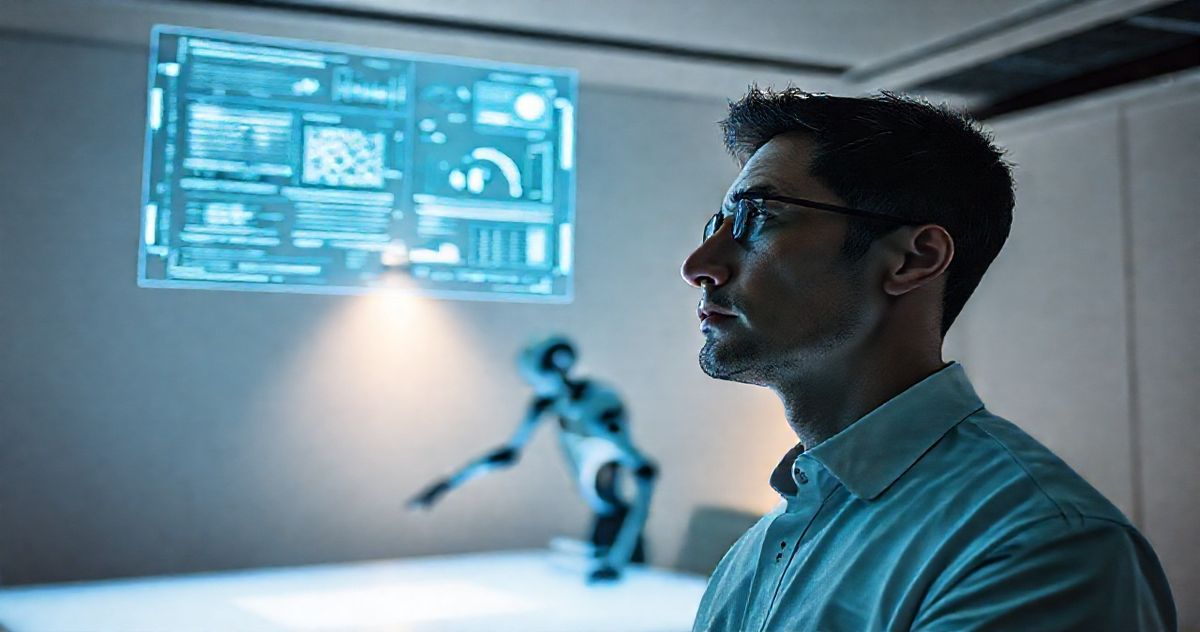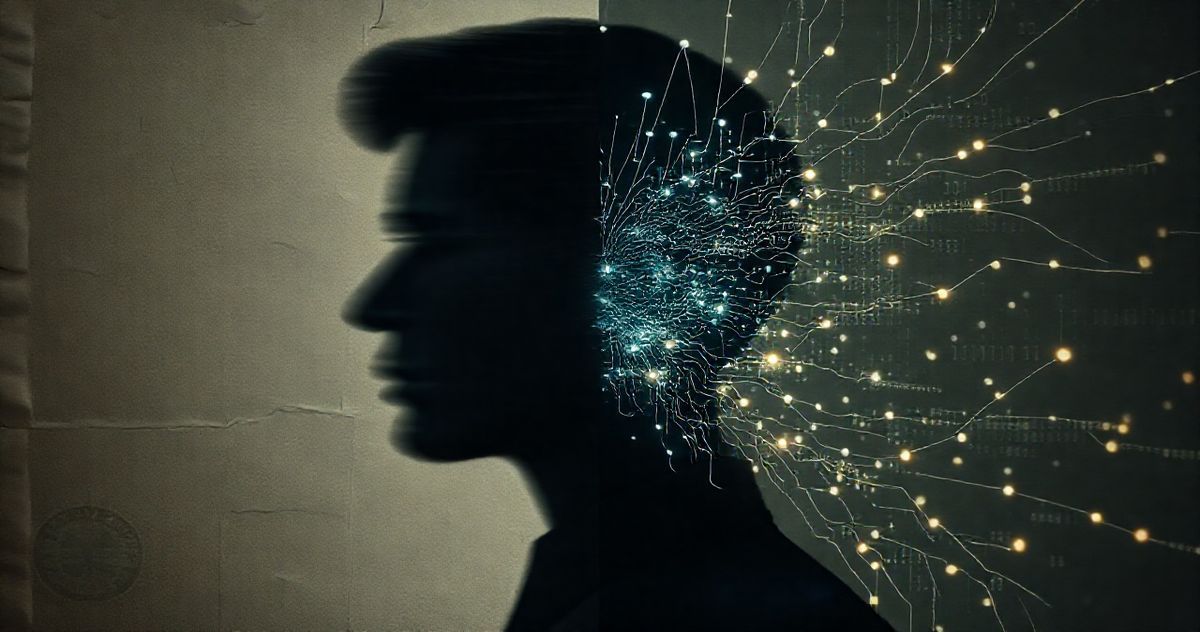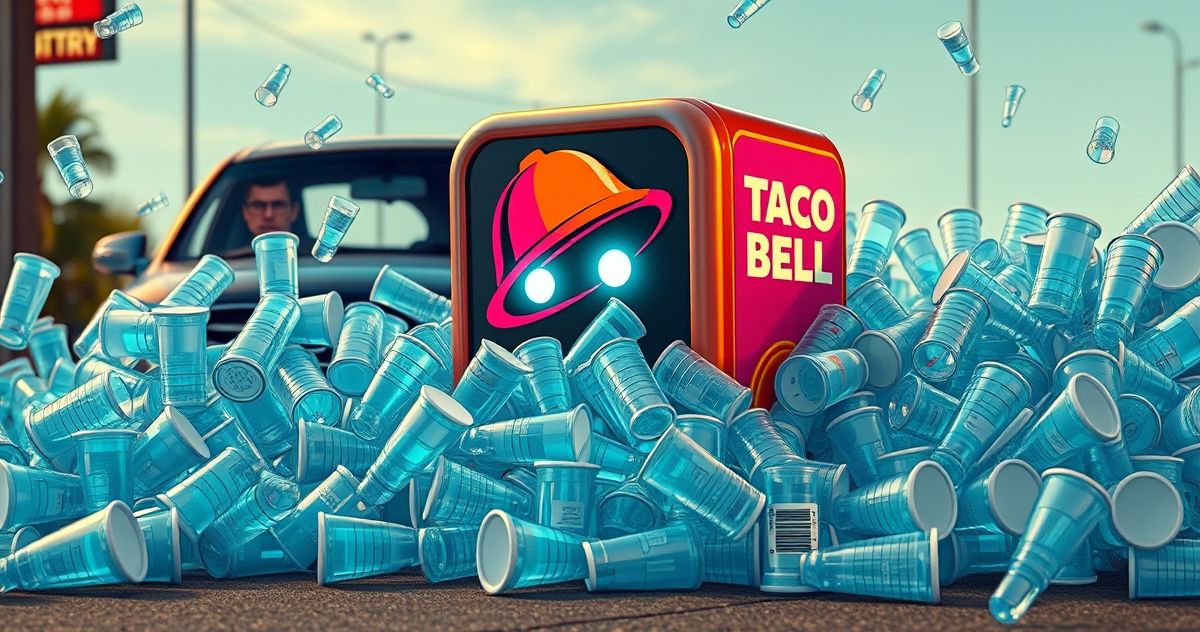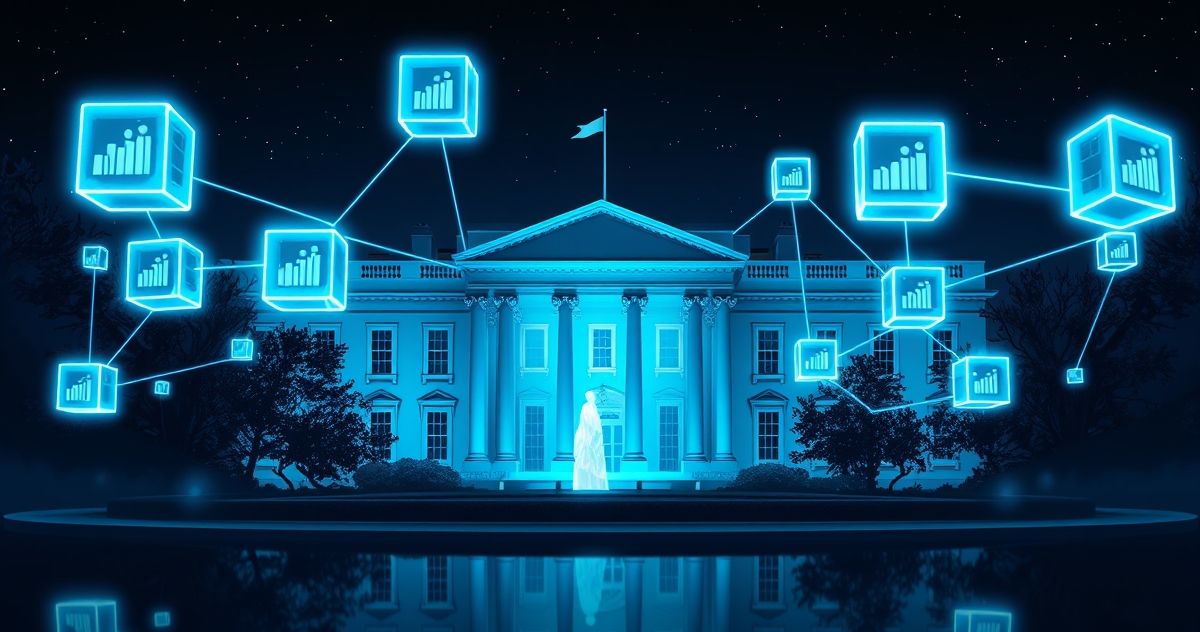What if you were involved in a serious car accident, and the car’s manufacturer told investigators they couldn’t find crucial data about what happened right before the crash? You’d probably feel frustrated, maybe even suspicious. Now, imagine a skilled independent hacker steps in and finds that ‘missing’ data. Sounds like a movie plot, right? Well, something very similar played out with a Tesla.
This isn’t just about a broken system or a simple oversight. It touches on bigger questions about data, trust, and who really holds the keys to information collected by our smart devices. Especially when those devices are driving us down the highway.
### The Crash and the Claim
It all started with a tragic fatal crash involving a Tesla vehicle. As with any serious accident, investigators needed to piece together exactly what happened. They looked at everything: road conditions, witness statements, and, critically, the car’s own internal data. Modern cars, especially highly computerized ones like Teslas, collect tons of information. We’re talking speed, braking, steering input, and whether driver-assist features like Autopilot were active.
Investigators reached out to Tesla for this vital event data recorder (EDR) information. This data is super important. It’s like an airplane’s black box for your car. But here’s the kicker: Tesla reportedly told authorities that for key moments leading up to the crash, the data logs were corrupted or simply unavailable. Think about that for a second. The very moments everyone needed to understand the cause of the accident, the company claimed the data wasn’t there. This left a huge hole in the investigation and raised a lot of eyebrows.
### Enter the Ethical Hacker
This is where our hero, or at least a very determined and skilled individual, steps in. Let’s call him Lars Strand. Lars is an ethical hacker, the kind of person who enjoys picking apart systems not to cause harm, but to understand them better and sometimes, to expose truths. When he heard about Tesla’s data claims, he got curious. He knew how these systems generally worked, and he suspected that ‘unavailable’ didn’t always mean ‘non-existent’. Sometimes it just means ‘hard to get to’.
Lars managed to get his hands on a similar Tesla unit, maybe even a salvaged part from the actual crash vehicle, though details around that are often vague for obvious reasons. He spent countless hours digging. He bypassed standard access points. He delved deep into the car’s software and hardware. It wasn’t easy. It required specialized tools and a deep understanding of embedded systems and cybersecurity. But Lars believed in transparency. He believed that if the data existed, the public and the victims’ families deserved to see it.
### What the Data Showed
And guess what? Lars found it. The ‘missing’ data logs. They weren’t corrupted at all. They were just hidden away, not easily accessible through the usual channels. When Lars finally presented his findings, it was a huge moment. The data he uncovered painted a much clearer picture of what happened. It reportedly showed critical details about the car’s status, driver inputs, and the state of its advanced driver-assist systems during those crucial moments before the impact.
This discovery completely changed the narrative. It provided answers that Tesla itself claimed it couldn’t. This isn’t just a technical win; it’s a huge victory for accountability and transparency. It really makes you wonder why this data wasn’t readily available in the first place.
I remember once, my old Uncle Fred bought one of those fancy home security systems. Super high-tech, lots of cameras, motion sensors, the works. He loved it. Then, one day, his prized antique birdbath disappeared from his yard. He went to check the camera footage for that time, and the security company told him, “Oh, sorry, Mr. Henderson. There was a software update that night, and the recording from that specific hour is… unavailable.” Uncle Fred was heartbroken and felt totally helpless. He had trusted that system completely. What if someone like Lars, an independent expert, could have looked into that ‘glitch’ and found the footage, revealing a mischievous squirrel or maybe even the actual thief? It’s not a car crash, but the feeling of lost trust and inaccessible data is the same.
This whole incident, whether it’s a car or a birdbath, really highlights some important points:
* **Independent verification matters:** We can’t always rely solely on companies to provide impartial data about their own products, especially in investigations.
* **Data transparency is crucial:** If a product collects data that affects safety or liability, that data needs to be accessible, verifiable, and not easily hidden.
* **Ethical hacking can serve the public good:** Sometimes, it takes an outside expert to shine a light on crucial information that might otherwise stay in the dark.
* **Regulations need to keep up:** The rules around event data recorders and data access in smart vehicles might need a serious update.
This isn’t to say Tesla is uniquely at fault here. Any company making complex, data-rich products could face similar scrutiny. But this specific situation reminds us that when companies say data is gone or unreachable, we shouldn’t always take it at face value. Our cars, our homes, our lives are becoming increasingly connected and data-driven. The companies behind these devices collect a lot of information about us and our actions. Can we truly trust them with all that data, especially when it really counts?
How much control should companies truly have over data collected by their products, particularly when that data directly impacts public safety and official investigations?










